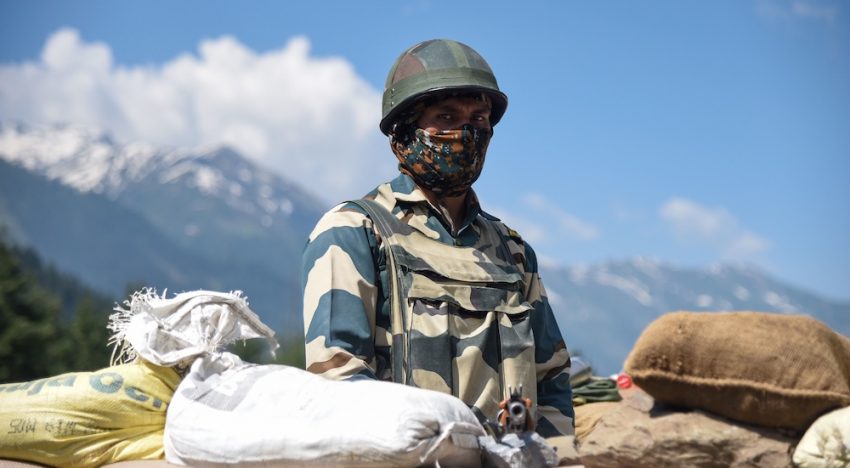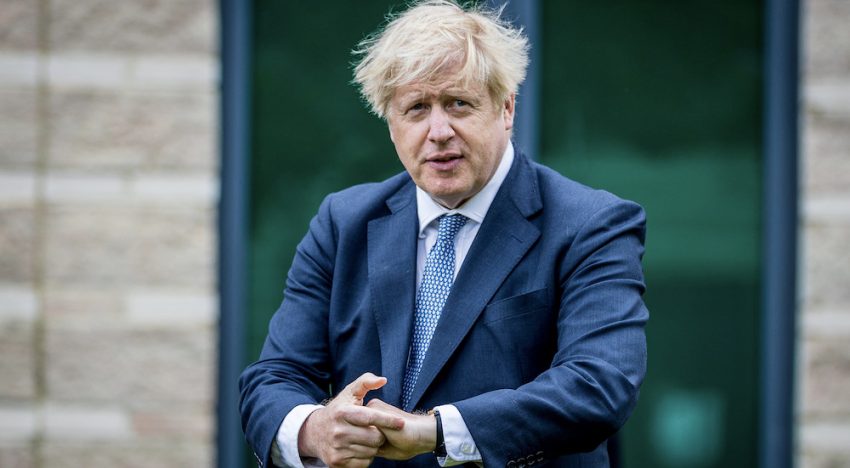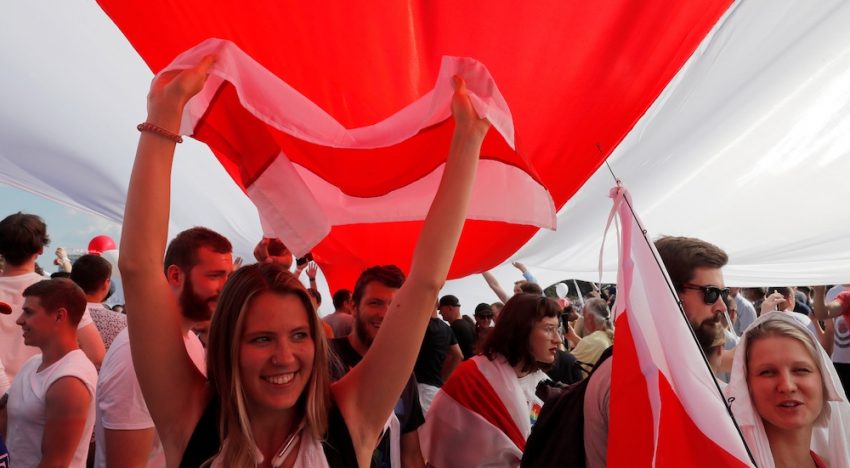Eyes Wide Shut
The EU’s deficient foreign policy is to blame in part for the current refugees crises. But few in Berlin or elsewhere acknowledge this.
Containing Gazprom
Russia’s President has used Europe’s dependence on Russian gas as a powerful geopolitical lever. But energy geopolitics is a risky game, especially with Brussels now poised to take advantage of opportunities to permanently slash Gazprom’s market share.
Halftime in the Greek Crisis
The giant consensus machine that is the EU is still running smoothly enough, but Europe – and Greece – will continue to suffer from the euro’s flawed construction.
#ThisWasNotACoup
Germany is facing intense criticism for its handling of the Greek crisis. However, few remember the obstacles the Merkel government had to overcome to reach an agreement with Athens and keep the eurozone together.
An American Economist in Paris
The advice coming across the Atlantic illustrates one thing clearly: Washington does not understand the purpose of the European Union and its common currency.
Waving the Grexit Stick
Germany’s finance minister may be (southern) Europe’s most hated man – at home his approval ratings are going through the roof. Pointing to the inner logic of eurozone rules he may have more in mind than the future Europe’s single currency.
How to Avoid a Grexit
Greece needs to make reforms if it is to return to growth, and it is more likely that this will happen inside the euro than outside. The key is to reactivate a logic that has worked many times: solidarity in exchange for reforms.
Nothing Will Be Clarified
Has anybody counted how often the headline “Now Grexit is unavoidable” has popped up in the media over the last few months? In fact, the ongoing Greek debt crisis is predictable only in its unpredictability.
The Other “No” Camp
Angela Merkel’s government seem to be taking the accelerating Greek crisis in good spirits, and it isn’t hard to see why: with Sunday’s referendum, Greece’s government has taken the country’s fate into its own hands
Missed Connections
The European Union and India have quite a bit to offer one another. Why is it so difficult to get them to talk?
If the Euro Fails, Merkel Fails
German Chancellor Angela Merkel may not be to blame for the crisis in Greece, but her handling has contributed to the emergency the euro finds itself in now.
Death of a Salesman
There was nothing he wouldn’t sell and very little he couldn’t buy. Alexander Schalck-Golodkowski was communist East Germany’s foremost capitalist. Having outlived the state he served by a quarter century, he died on June 21 at the age of 82.
In a Downward Spiral
Don’t fall for Russian President Vladimir Putin’s nuclear grandstanding: economically, he has his back to the wall. The deployment of US troops and heavy weapons in Eastern Europe would only play into his hands.
The Waiting Game
No, the West has not (yet) lost Ukraine, and the fragile Minsk truce and Western sanctions on Moscow have not (yet) failed. But Vladimir Putin’s 19th-century fixation on national military greatness may yet spoil attempts to stabilize the situation.
At the Peak of Her Power
This week’s G7 meeting at Schloss Elmau may not have produced many tangible results, but it did offer yet another display of the power German Chancellor Angela Merkel currently wields in Europe.
Myths of Austerity – and Paul Krugman
Seen from the other end of the Atlantic, the solution to the euro crisis always seemed obvious to some – not least NYT columnist Paul Krugman. Yet the Nobel Prize-winning economist has been wrong on virtually everything he has said about European fiscal policy.
Exhibition Match
The US Department of Justice’s indictment of leading FIFA officials is likely the result of successful cooperation with between US and European authorities, and relied on robust data collection. This example of successful surveillance could do with a bit more fanfare.
Crying Foul
Fyodor Lukyanov says that the EU is living a fantasy, while Russia practices the kind of realism that has always guided international policy. Ulrich Speck disagrees – countries have always looked out for themselves, but they have also respected norms.
A Farewell to Arms?
There are four Western scenarios on the Ukraine crisis competing to explain where we stand: the McCain, Mearsheimer, Motyl, and Merkel theses. Which is right? (Part 2 of 2)
Among Friends
Berlin’s scandal-starved opposition senses blood in the water. Has Germany’s foreign intelligence service broken the law in assisting America’s ever data- and information-hungry National Security Agency?
Out Now: May/June 2020 Issue

+++ The coronavirus crisis has brought Europe and the rest of the world to a standstill. What are the effects of the pandemic on international affairs? The future of the EU depends on how it handles the crisis, argues Daniela Schwarzer. Much is riding on the German EU presidency. David Goodhart makes the case for a retreat from hyperglobalization, and Richard Sennett foresees big changes coming to our way of life; Efi Koutsokosta profiles Greek Prime Minister Kyriakos Mitsotakis; Noah Gordon, in his Carbon Critical column, points out that solar, like oil, has its overcapacity problems; and much more +++





























